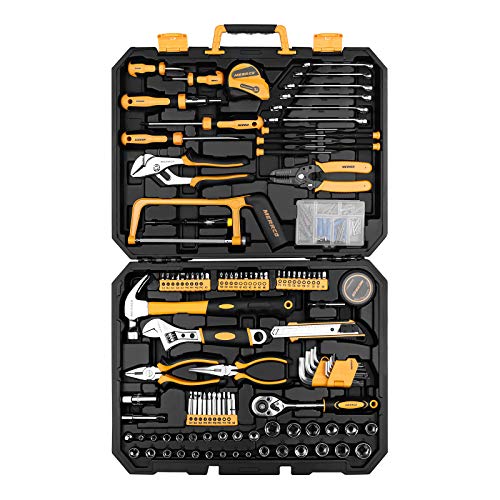rruff
Well-known member
- Joined
- Mar 9, 2019
- Messages
- 1,993
- Reaction score
- 1,829
No, don't recall ever camping at a truck stop. In the west it's easy to find public land, and further east I usually park wherever... just off the road and on private land, if there isn't any NF. Never had an issue with that.Dude, have you BEEN to a truck stop? Swear to God, I had drivers in my fleets that would simply go in a 5-gallon bucket until they couldn't stand the smell, and throw out the bucket and get another. 8 ounces of gray water would have been a blessing.
The gist of my question was to see where the general population fell in between "Boy Scout" and "IDGAF." Myself, I try to stick to the "don't be a d**k" rule when traveling, and it's worked for a month of Sundays.
There are no guarantees since someone might complain, and there might be an LEO who is very concerned about making a quota. But generally not being a **** is a good policy that works just fine.










































































